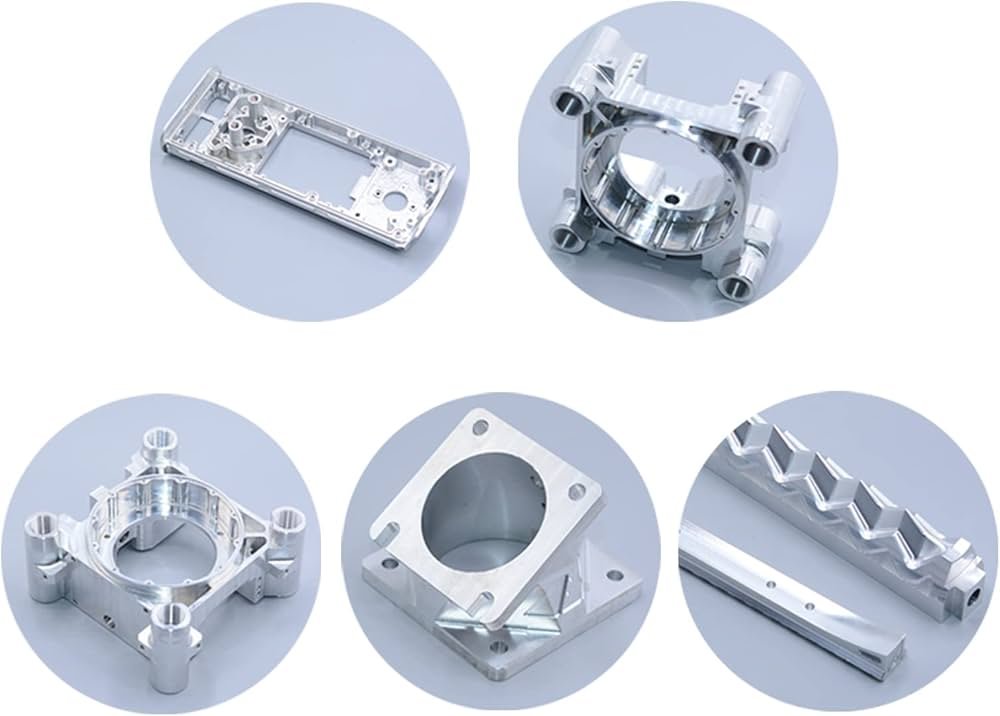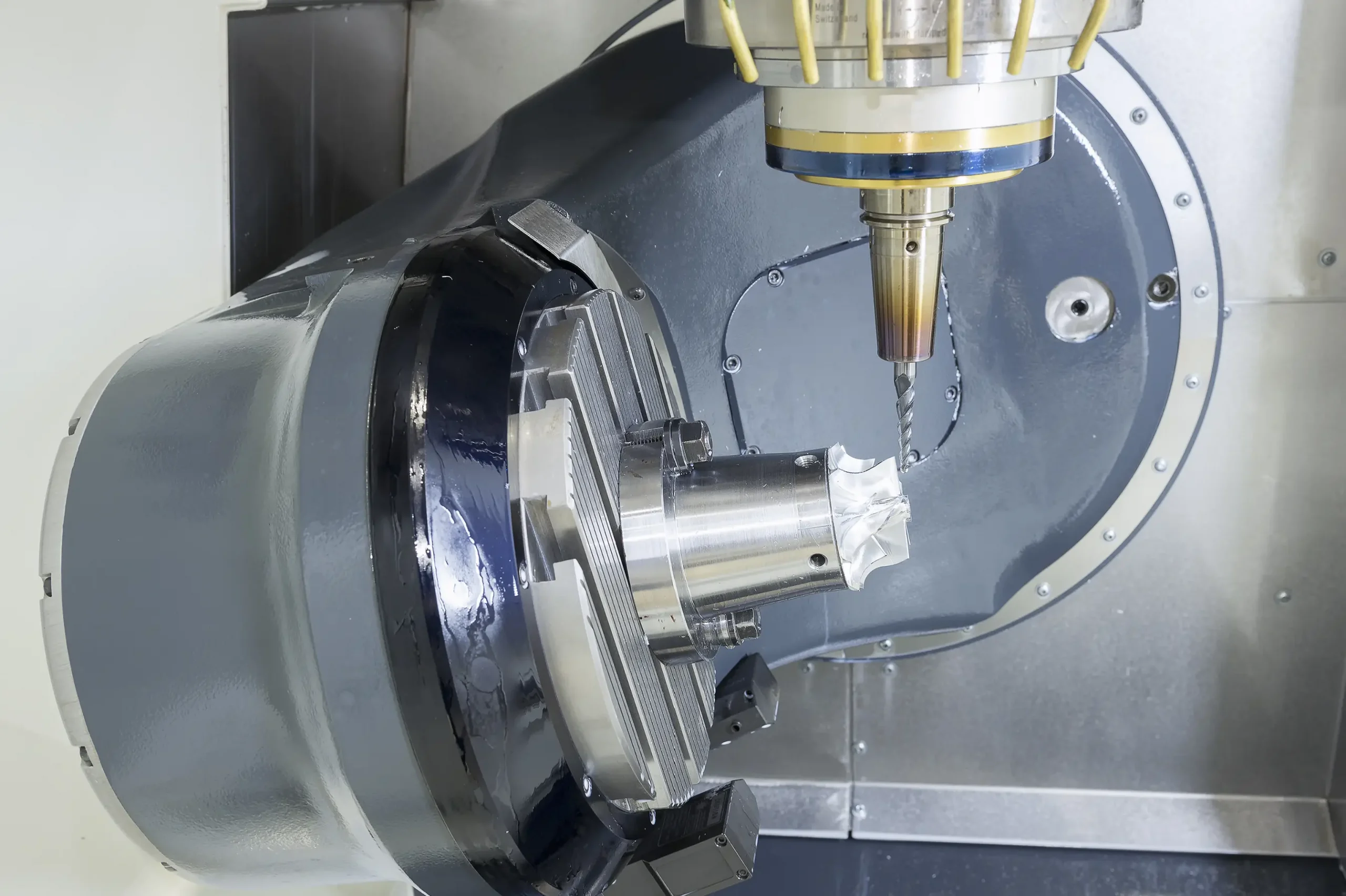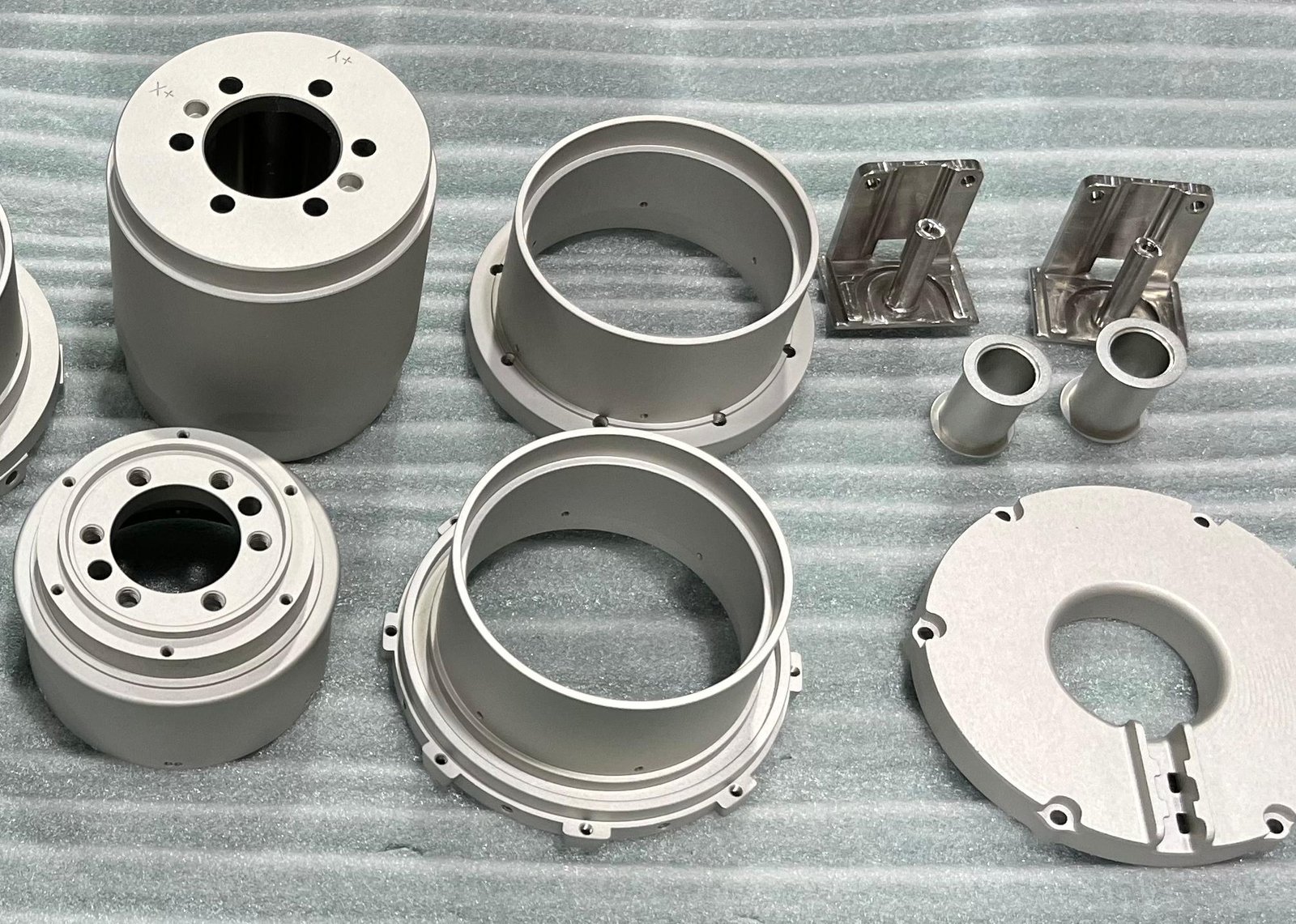CNC 가공 plays a pivotal role in the medical device manufacturing industry, ensuring unparalleled precision, customization, and efficiency. Drawing insights from industry-leading resources, this article delves into the top 10 ways CNC precision machining enhances medical device production. For over 12 years, CNCRUSH, a China-based factory, has specialized in providing high-quality CNC machining services, including CNC Milled parts and CNC Turned parts, catering to industries such as automotive, machine building, and automation.

1. CNC 가공: Achieving Unmatched Precision in Medical Devices
In the medical field, precision is paramount. CNC precision machining offers exceptional accuracy, producing components with tight tolerances essential for medical devices. This precision ensures the reliability and safety of instruments used in critical procedures.
2. CNC 가공: Facilitating Customization for Patient-Specific Solutions

CNC precision machining enables the production of customized medical components tailored to individual patient needs. This capability is crucial for creating implants and prosthetics that fit perfectly, enhancing patient comfort and treatment outcomes.
3. CNC 가공: Enhancing Efficiency in Prototyping and Production
The rapid prototyping capabilities of CNC machining accelerate the development of medical devices. Manufacturers can quickly iterate designs, reducing time-to-market and ensuring timely delivery of essential medical equipment.
4. CNC 가공: Ensuring Compliance with Medical Standards
CNC machining processes are designed to meet stringent medical industry standards, including ISO 13485. This compliance guarantees that manufactured components adhere to quality and safety regulations, instilling confidence in healthcare providers.
5. CNC 가공: Supporting a Wide Range of Biocompatible Materials
CNC precision machining is compatible with various biocompatible materials, such as titanium, stainless steel, and medical-grade plastics. This versatility allows for the production of diverse medical components suitable for different applications.
6. CNC 가공: Delivering Consistency in Mass Production
For large-scale manufacturing, CNC precision machining ensures consistent quality across all produced units. This consistency is vital for medical devices, where uniformity can impact the effectiveness and safety of treatments.
7. CNC 가공: Reducing Waste and Promoting Sustainability

CNC 가공의 정밀도는 재료 낭비를 최소화하여 보다 지속 가능한 제조 관행에 기여합니다. This efficiency not only conserves resources but also reduces production costs.
8. CNC 가공: Enhancing Surface Finish for Medical Applications
The superior surface finish achieved through CNC precision machining is essential for medical devices, reducing the risk of bacterial contamination and improving the longevity of implants and instruments.
9. CNC 가공: Enabling Complex Geometries in Device Design
Advanced CNC precision machining techniques allow for the creation of intricate designs and complex geometries required in modern medical devices, expanding the possibilities for innovative healthcare solutions.
10. CNC 가공: Providing Reliable Solutions for Critical Applications

The reliability of CNC precision machining ensures that medical devices function as intended in critical applications, such as surgical procedures and life-support systems, where failure is not an option.
Table 1: Advantages of CNC precision Machining in Medical Device Manufacturing
| 이점 | 설명 |
|---|---|
| 정도 | Achieves tight tolerances essential for medical applications |
| 맞춤화 | Allows for patient-specific device production |
| 능률 | Speeds up prototyping and reduces time-to-market |
| Compliance | Meets stringent medical industry standards |
| 소재의 다양성 | Compatible with various biocompatible materials |
| 일관성 | Ensures uniform quality in mass production |
| 지속 가능성 | Minimizes material waste and reduces costs |
| 표면 마감 | Provides superior finishes for hygiene and durability |
| 복잡한 기하학 | Enables intricate designs for advanced medical devices |
| 신뢰할 수 있음 | Delivers dependable performance in critical medical applications |
Table 2: Common Medical Components Produced via CNC Machining
| 구성 요소 유형 | 적용예 |
|---|---|
| 임플란트 | Orthopedic and dental implants |
| 수술 도구 | Scalpels, forceps, and retractors |
| 진단 장비 | Housings and components for imaging devices |
| Prosthetics | Custom-fitted limb prostheses |
| 카테터 | Precision components for vascular access |
FAQ 섹션
Q1: Why is CNC manufacturing preferred in medical device manufacturing?
A1: CNC manufacturing offers unparalleled precision, customization, and efficiency, making it ideal for producing high-quality medical components that meet stringent industry standards.
Q2: What materials are commonly used in CNC manufacturing for medical devices?
A2: Common materials include titanium, stainless steel, and medical-grade plastics, all of which are biocompatible and suitable for various medical applications.
Q3: How does CNC manufacturing contribute to faster medical device development?
A3: CNC manufacturing enables rapid prototyping, allowing for quick iterations and adjustments in the design phase, thereby reducing the overall development timeline.
For over 12 years, CNCRUSH has been a trusted provider of high-quality CNC manufacturing services, specializing in CNC Milled parts and CNC Turned parts. Our expertise ensures that medical device manufacturers receive components that meet the highest standards of precision and reliability. 자동차, 기계 제조 또는 자동화 산업에 관계없이 CNCRUSH is committed to delivering exceptional CNC machining solutions tailored to your needs.
